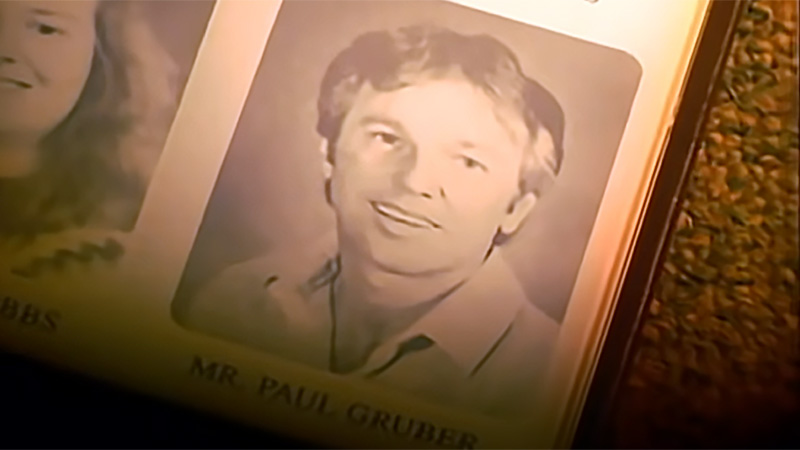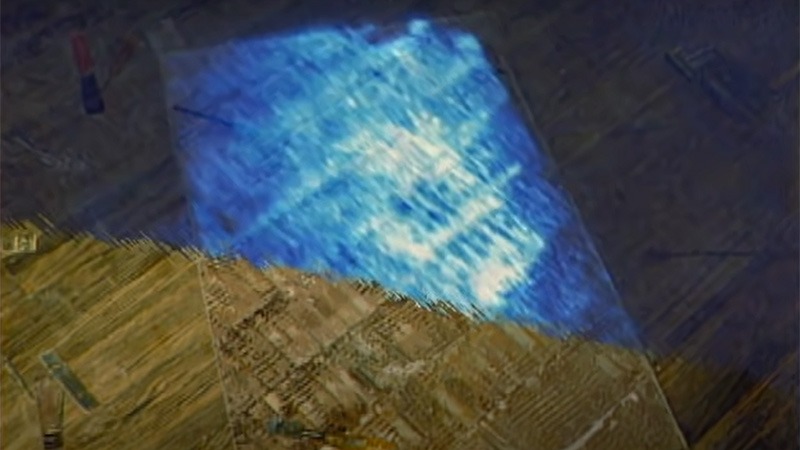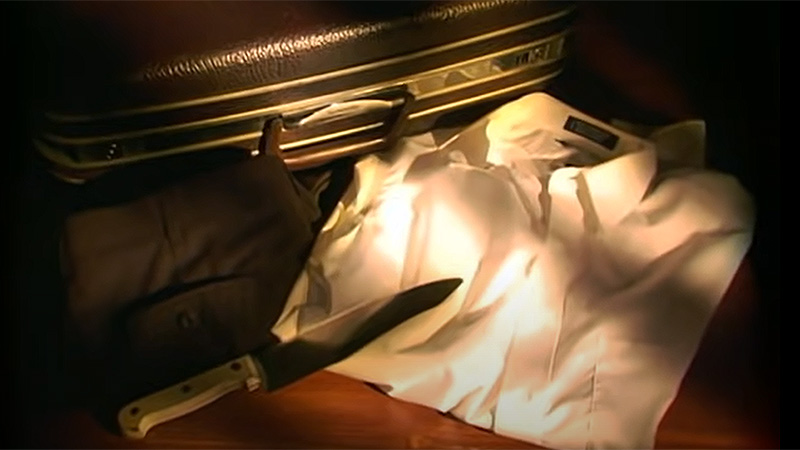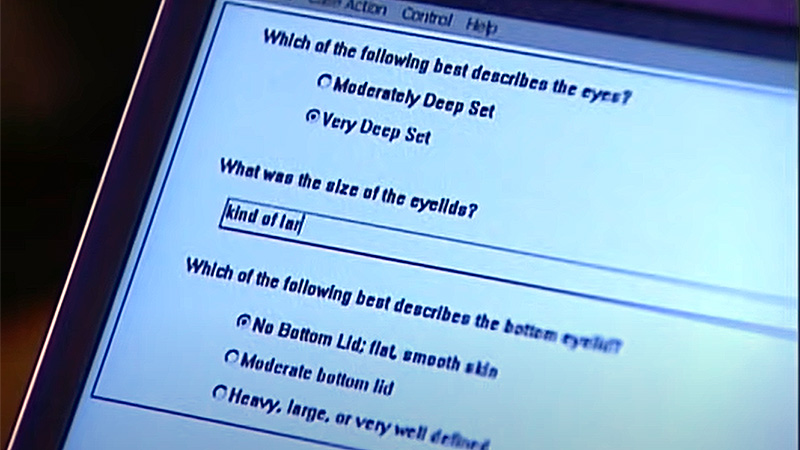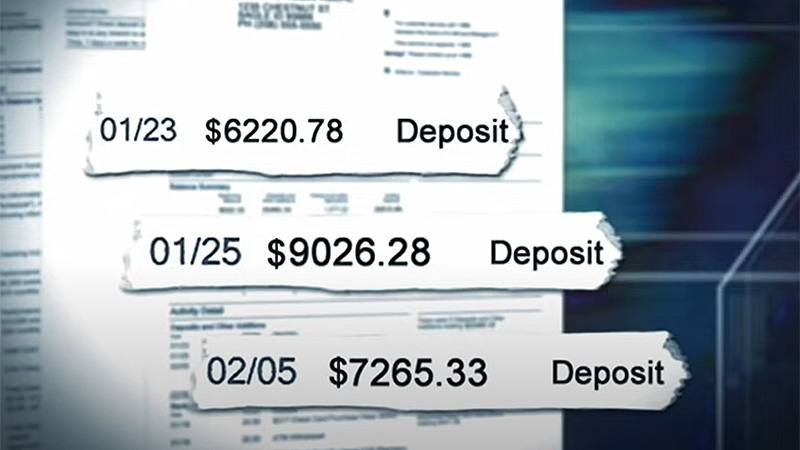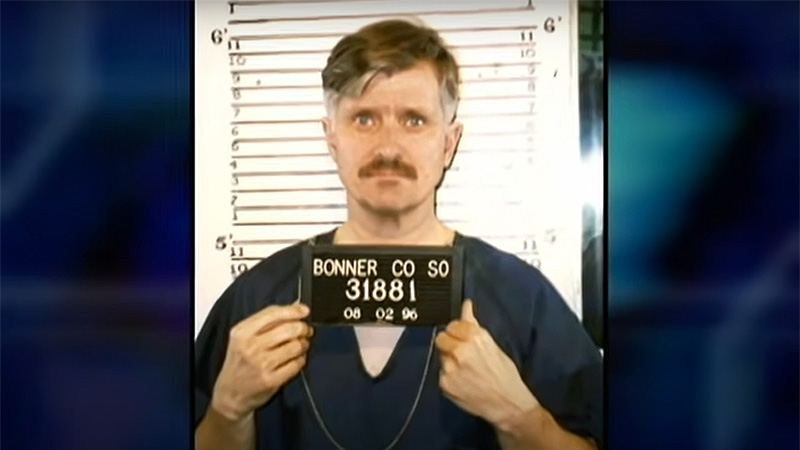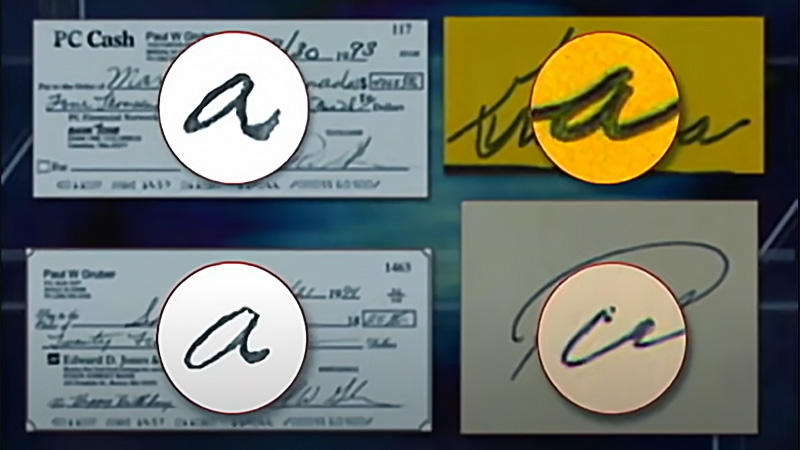If I Were You
Darryl Kuehl takeover murder of Paul Gruber
After spending Christmas with his daughter in 1993, retired teacher Paul Gruber stopped answering his phone. Subsequent strange mail from Paul led his family to suspect foul play.
Original air date: January 24, 2007
Posted: April 16, 2022
By: Robert S.
Season 11, Episode 28
After more than 20 years of teaching, Paul Gruber was able to retire early and move to the quaint town of Sandpoint, Idaho. The picturesque setting on the shore of Muskrat Lake was Paul's dream come true at only 53 years old. In December 1993, he met his daughter in Reno, Nevada for the Christmas holiday. As they said their goodbyes and returned to their respective homes, Paul's daughter Shellie had no idea this would be the last time she'd see her father.
In January, Shellie received a birthday card for her young son from Paul. Or at least it seemed it was from her father – Shellie quickly noticed variations from her father's normal charm and handwriting. She shared these quirks with her husband, and they retrieved previous cards for comparison. The couple agreed that the recent birthday card was inconsistent and suspicious. Multiple calls to Paul went unanswered. They became worried and asked the Sandpoint police department to perform a wellness check at her father's address. The results were disturbing.
Sandpoint police didn't find any evidence of foul play – no signs of a break-in or struggle. But Paul was missing, along with his car and nearly everything from inside the home. He and his belongings had vanished without a trace. This led investigators to begin looking for Paul Gruber, and video evidence from the post office revealed their first clue. A man identified as Darryl Kuehl had been picking up Paul's mail. Kuehl claimed Paul had hired him as a handyman and asked him to take care of his affairs while he travelled to Canada. But when shown a picture of Paul Gruber, Darryl Kuehl alleged this wasn't the Paul Gruber he'd met.
Investigators would go on to learn of an imposter – but was it someone impersonating Paul Gruber, or was the fraudster already on police's radar? Repeated searches of Paul's home over the next 17 months would reveal hidden evidence of a violent encounter and a clandestine grave. Would Darryl Kuehl's explanation of events prove true, or did Kuehl himself play a sinister role in Paul's disappearance?

The Facts
Case Type: Crime
Crimes
- Murder
- Grand theft
- Forgery
Date & Location
- January, 1994
- Sandpoint, Idaho
Victim
- Paul Gruber (Age: 53)
Perpetrator
- Darryl Kuehl (Age: 43)
Weapon
- .22 caliber pistol
Watch Forensic Files: Season 11, Episode 28
If I Were You

The Evidence
Forensic Evidence
- DNA: Perpetrator's
- DNA: Victim's
- Handwriting
- Property: Victim's
- Video evidence
Forensic Tools/Techniques
- Luminol

Usual Suspects
No Evil Geniuses Here ?
- None occurred in this episode
Cringeworthy Crime Jargon ?
- None uttered in this episode
File This Under... ?
- No crime show commonalities in this episode

The Experts
Forensic Experts
- None featured in this episode
Quotable Quotes
- "It was a really brief note, and it wasn’t really affectionate. But it wasn’t sitting right with me – there was just a red flag inside; ya know, something wasn’t right. And I pulled out an old birthday cards and started comparing writing and it didn’t look like his signature to me, ya know." - Shellie Kepley: Paul’s Daughter
- "That just drove me crazy, I couldn’t figure out why anybody would glue a rug to the hardwood floor. That’s crazy – my wife would kill me if I did something like that. So we tore it up." - Det. Sgt. John Valdez: Detective, Sheriff’s Dept.
- "No matter how much time you have to practice writing, it’s so hard to duplicate the writing of another that Mr. Kuehl was conclusively the writer of the forged checks and birthday cards and addressed the envelopes." - Robert Floberg: Forensic Document Examiner
- "We found a small suitcase or briefcase that had his [Kuehl’s] Sunday go to meeting clothes in it and a large butcher knife. And that really seemed strange. And in the middle of it all was one of Paul Gruber’s power bills." - Det. Sgt. John Valdez: Detective, Sheriff’s Dept.
- "Five thousand dollars for me, and five thousand for Harvey, and five thousand for Howard. We thought we were going pretty cheap there." - Det. Sgt. John Valdez: Detective, Sheriff’s Dept.
- "The two officers who were actually doing the transport – they said, ‘Darryl, we know about your plot, that you were going to have us killed. Those guys turned state’s evidence.’ And they said that he was just crushed at that point." - Scott James: Prosecutor
TV Show About This Case
- Buried in the Backyard: The Imposter (s02e06)
Find a typo or issue with the details of this case? Leave a comment below, or contact us!

